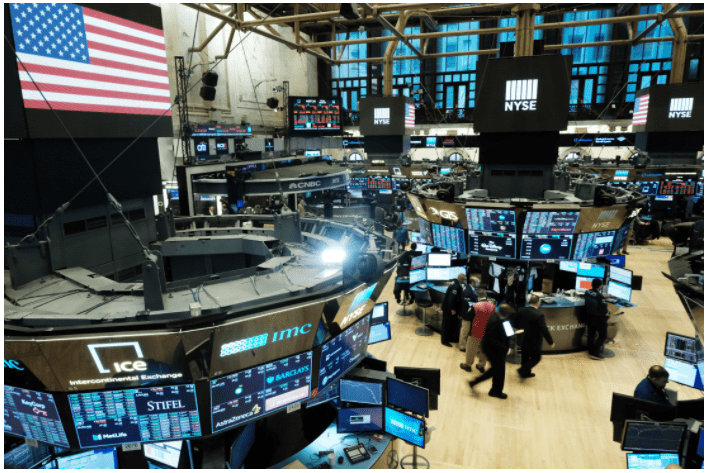Why Soaring Stocks Could Be Bad News For The Economy
While it’s had some ups and downs, the stock market has soared to historic heights in recent years. For many, that’s great news: it’s a sign that the economy and their retirement accounts are doing really well. For Jan Eeckhout, however, the booming stock market is a sign that there’s something deeply wrong with the economy.
Sure, the economist says, he has a retirement account with stocks, and he personally benefits from the ongoing bonanza on stock exchanges. But the rocket ride of the stock market is powered by the exploding profits of increasingly powerful corporations. Their increasingly ridiculous profits, he says, are eating the income of the vast bulk of workers and hurting the overall economy. That notion is the central thesis of his forthcoming book, The Profit Paradox: How Thriving Firms Threaten the Future of Work.

